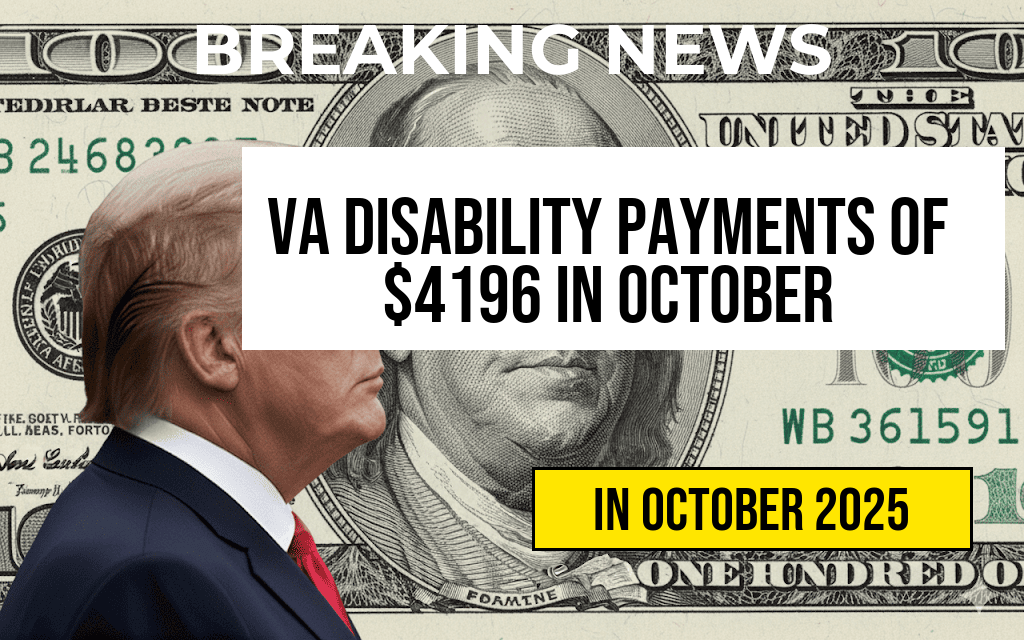Beginning in 2025, tipped workers across the United States will have the opportunity to report significantly higher amounts of gratuities thanks to a new federal tax deduction. The updated policy permits employees in service industries—such as restaurant servers, bartenders, and delivery drivers—to report up to $25,000 in tips annually, a substantial increase from previous limits. This change aims to provide more transparency in tip reporting, potentially improve compliance, and offer workers a clearer pathway to accurately reflect their earnings for tax purposes. The adjustment follows ongoing efforts by the Internal Revenue Service (IRS) to modernize tax policies surrounding cash and non-cash income sources, recognizing the evolving landscape of service industry compensation. The new rule is expected to impact millions of workers nationwide, offering them greater flexibility and assurance in their tax reporting practices.
Understanding the New Tip Reporting Deduction
The IRS announced that starting with the 2025 tax year, tipped workers can report up to $25,000 in annual tips without facing additional scrutiny or penalties. Previously, the reporting threshold was set at lower levels, often complicating efforts for employees to accurately document their earnings, especially for those receiving large gratuities during busy seasons or special events.
According to IRS guidelines, the updated policy allows workers to report tips through their regular tax filings, simplifying compliance and reducing the risk of underreporting. This change is particularly beneficial for employees in high-volume establishments or those who receive significant cash tips that might have previously gone unreported due to lower thresholds.
Implications for Service Industry Workers
- Enhanced Transparency: Workers can now more confidently report their total earnings, potentially reducing audits related to tip income discrepancies.
- Financial Benefits: Accurate tip reporting can lead to improved eligibility for credit, loans, and other financial services that consider income documentation.
- Potential Tax Savings: Proper reporting ensures workers pay the correct amount of taxes, possibly avoiding penalties or back taxes due to underreporting.
Labor advocates highlight that the increased tip reporting threshold aligns with broader efforts to formalize the gig and service economy. “This is a step forward in recognizing the income that many workers rely on daily,” says Sarah Johnson, policy director at the National Restaurant Association. “It encourages transparency and helps workers better understand their earnings.”
How the Policy Changes Will Be Implemented
The IRS is expected to release detailed guidance and revised tax forms ahead of the 2025 tax season. Employers in the hospitality and service industries are also encouraged to update their payroll and tip reporting systems to accommodate the new threshold.
Employees should keep detailed records of their tips, including cash and electronic transactions, to ensure accurate reporting. Tax professionals recommend maintaining logs or digital records to streamline the process and mitigate errors.
For workers unsure about how to report tips or how the new deduction applies, resources are available through the IRS website and industry-specific associations, which are expected to host informational webinars and guidance materials as the implementation date approaches.
Legal and Policy Context
The increase in reporting limits is part of a broader legislative trend aimed at improving tax compliance among low- and moderate-income workers. Historically, cash tips and informal income sources have been difficult to track, leading to potential underreporting and revenue loss for the government.
While some critics express concerns that higher thresholds could potentially lead to lax reporting, supporters argue that the policy provides a clearer framework for workers to report earnings accurately without fear of penalties.
According to the IRS, the agency continues to develop tools and outreach programs to assist workers in complying with tax laws related to tips and cash income.
Potential Challenges and Considerations
| Aspect | Details |
|---|---|
| Reporting Limit | Up to $25,000 annually starting in 2025 |
| Eligible Workers | Servicing industries such as restaurants, bars, delivery, and catering |
| Implementation Timeline | Guidance expected from IRS before the 2025 tax season |
| Record-Keeping | Workers advised to maintain detailed logs of all tips received |
Despite the positive outlook, some industry groups warn about the potential for misreporting or confusion during the initial rollout. They suggest that clear communication and ongoing IRS support will be critical for ensuring the policy benefits workers without unintended complications.
Looking Ahead
As the new tax reporting framework takes shape, workers and employers are advised to stay informed through official channels. The IRS plans to publish comprehensive guidance by late 2024, including updated forms and instructions tailored to the new tip reporting thresholds.
Ultimately, the policy aims to foster a more transparent and equitable tax system for service industry employees, recognizing the vital role that tips play in their overall compensation. With the increased reporting ceiling, millions of workers could find it easier to accurately declare their earnings, potentially improving their financial stability and compliance with federal tax laws.
Frequently Asked Questions
What is the new Tip Reporting bonus starting in 2025?
The Tipped Workers Bonus allows eligible workers to report up to $25,000 in tips annually starting in 2025, providing a new tax deduction opportunity.
Who qualifies for the Tip Reporting bonus?
Eligible tipped workers in the hospitality and service industries who receive tips can benefit from this program, provided they meet specific income and employment criteria outlined by the IRS.
How does the tax deduction work with the new Tip Reporting program?
The program allows workers to report their tips up to $25,000 annually, which can then be used to reduce their taxable income, potentially lowering their overall tax liability.
When does the Tip Reporting program officially start?
The new rules and reporting options will take effect starting in 2025, giving workers and employers time to prepare for the updated tax filing procedures.
Are there any restrictions or limits on reporting tips under this program?
Yes, workers can report up to $25,000 in tips annually. Tips exceeding this amount will not be eligible for the new tax deduction, and accurate reporting is required to comply with IRS regulations.










